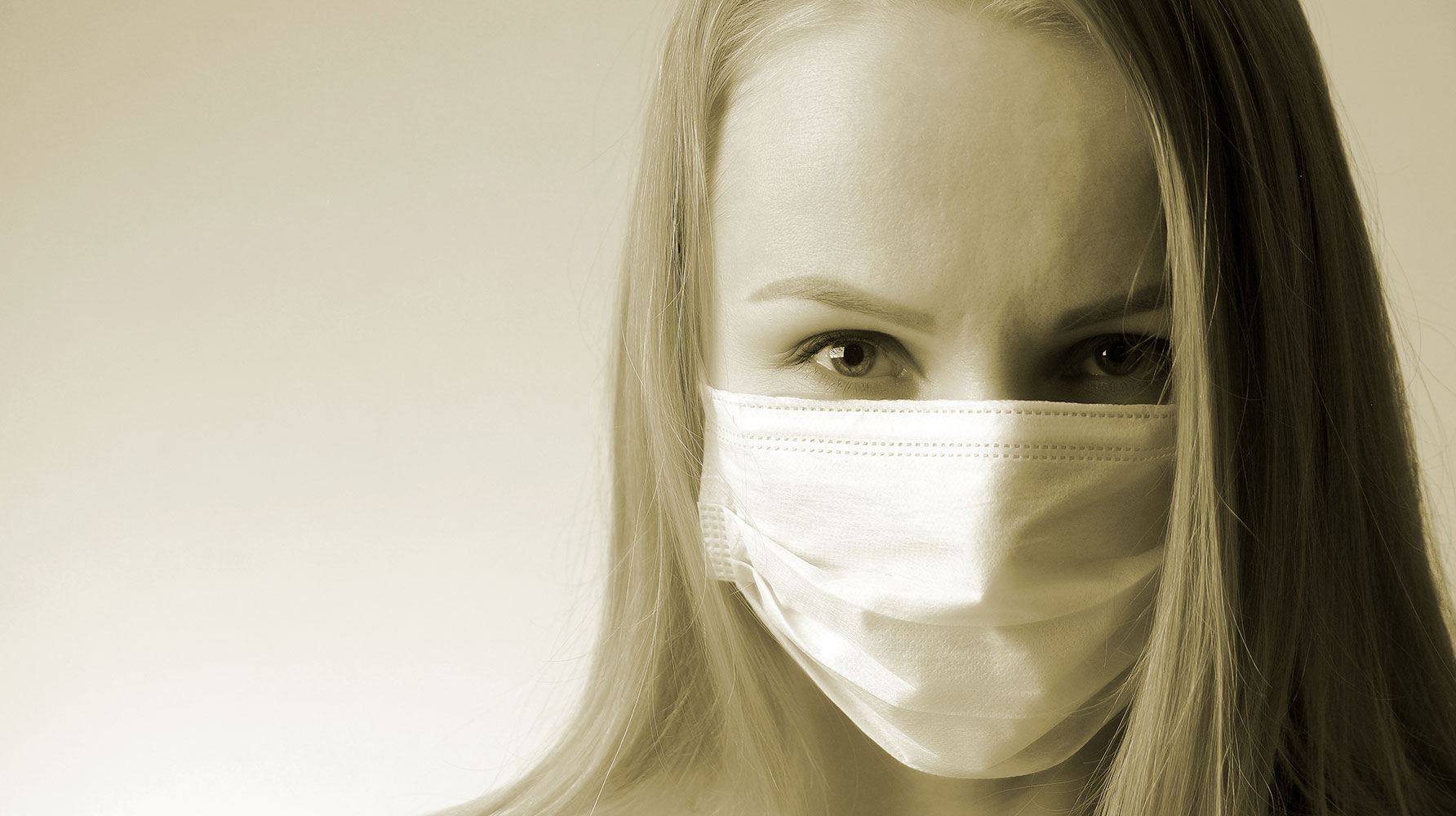5 Simple Tips for Restoring Sun-Damaged Skin
Did you know summer fun can age your skin by years? Between the sunshine and sweats, the season brings a host of skin problems- sunburn!

The most important thing that we should do during the COVID-19 outbreak is to protect ourselves from any risk factors, especially wearing mask to protect the viruses that are being transmitted through droplets. On the other hand, it is not that easy for the people who have acne prone skin because wearing mask can cause breakouts around their cheeks, chin, and jaw line.
DR. CHANIKA TAWEERUTCHANA, Vejthani Hospital’s dermatologist explained that the reason why wearing mask can cause acnes on the face is due to friction or pressure on the skin for over a very long time. The oil glands under the skin will try to produce excessive oil. Therefore, the pores will be easily blocked and inflamed, especially for people who have Seborrheic Dermatitis.
However, wearing mask is still the most important thing during this crisis. Thus taking care of the facial skin at the same time is the best option. Here are the ways on how to do skincare during this situation.
“Aside those above mentioned cause of acne, there is another cause which is an allergy to mask. People who are allergic to mask will have itchy rashes and dry flaky skin around the area. Hence, applying a moisturizer on the skin can reduce the allergic symptoms, but if the symptoms are getting more severe, you should see the dermatologist to receive the proper treatment.” said Dr. Chanika.